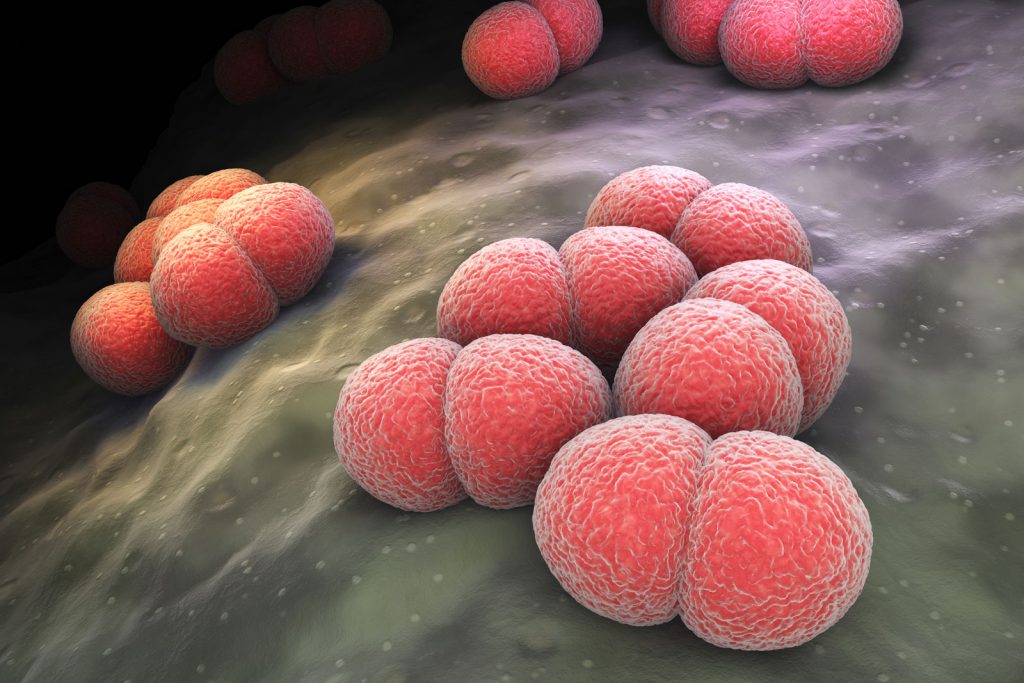
Nội dung bài viết / Table of Contents
This post is also available in: Tiếng Việt (Vietnamese)
Septicemia is a term used to refer to blood infection. It is a serious medical condition. Without timely treatment for professionals, septicemia can lead to deadly sepsis.

Septicemia happens when bacteria from an infection developing somewhere in the body enters the bloodstream. The blood then gets poisoned, too. There are various types of bacteria that can cause septicemia. Usually, they come from infections in the:
Once leaking into the bloodstream, those bacteria multiply rapidly. And together with their toxins, bacteria are carried to the entire body, causing severe health problems.
People who have undergone surgeries or are in the hospital are more prone to septicemia. Moreover, bacteria in the hospital are more dangerous since they may be resistant to antibiotics. The likelihood of getting septicemia if one:
Septicemia progresses very quickly and gives symptoms after a short period of time. One would show signs of weakness, fatigue, followed by:
As the condition progresses, other symptoms include:
One noticing signs and symptoms of septicemia, the patient needs taking to the hospital. Delayed treatment would lead to severe consequences. Complications of septicemia include:
If your body reacts violently to the infection, you may develop sepsis. With sepsis, there is a widespread inflammation throughout your body. Severe sepsis would result in organ failure.
The risks of sepsis increase if the individual has chronic diseases, such as HIV or cancer. The reason is their immune systems are so weak that they fail to fight off the infection.
Septic is the serious drop in blood pressure resulted from toxins the bacteria release in the blood stream. Septic shock leads to tissue and organ damage. Patients with septic shock need to be in the ICU with help from breathing machine.
See more: Simple Ways to Improve Your Gut Health and Immunity
A very serious case of septicemia complications is ARDS. In ARDS, oxygen is prevented from getting to the lung and blood, resulting in permanent damage to the lung and even the brain. ARDS is also fatal.
Septicemia is caused by infections. And, at early stages, infections can be treated with antibiotics. Get to the doctor immediately if you doubt you have septicemia. Parents can reduce the risks of their kids having this condition have them updated with vaccinations.
For those with compromised immune system, consider those tips: